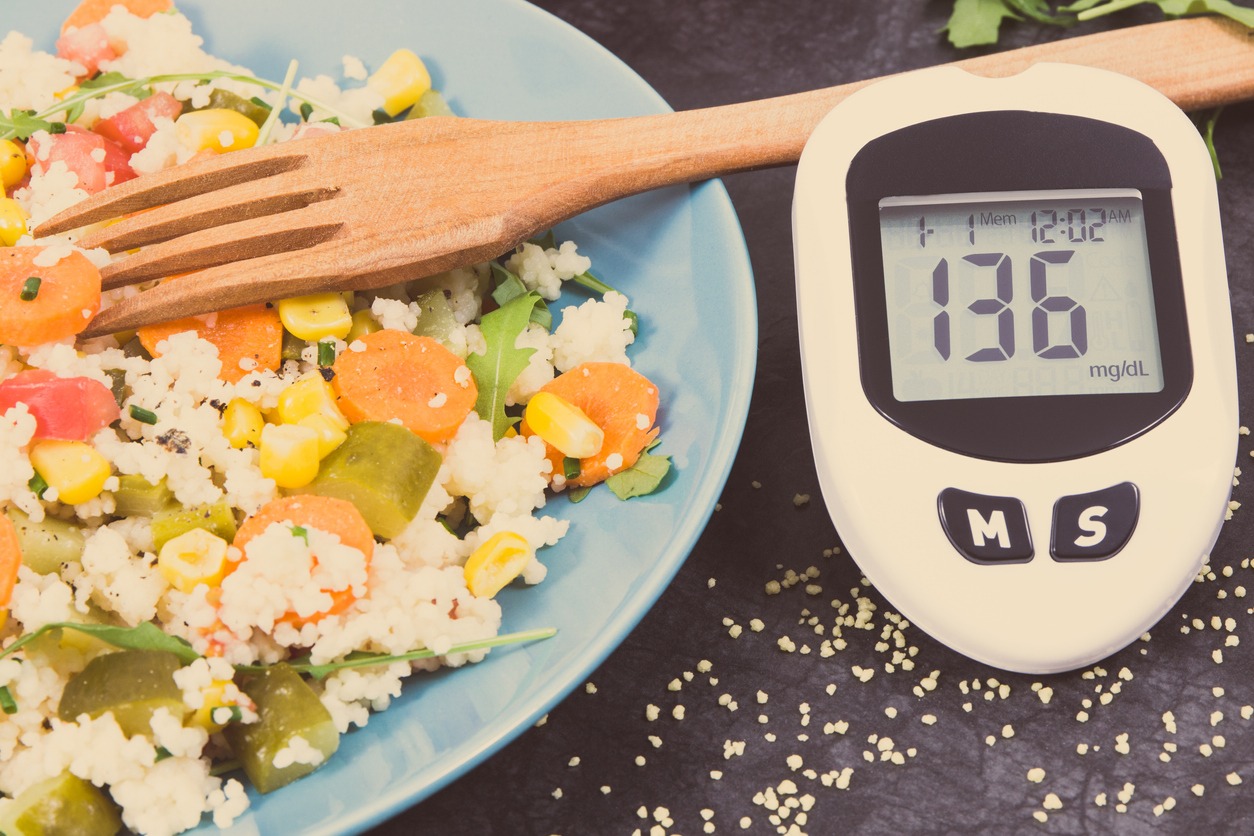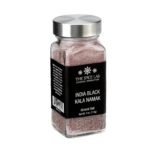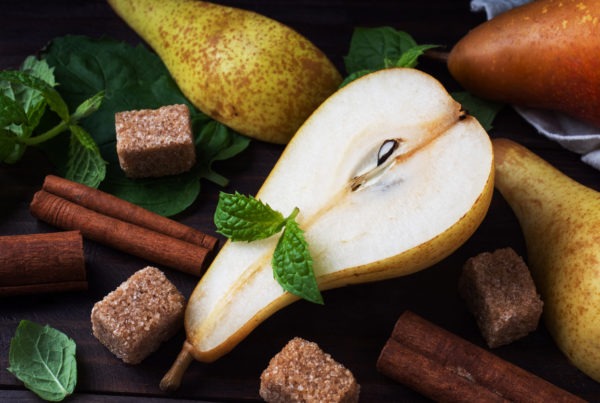This post may contain affiliate links.
November is National Diabetes Month and World Vegan Month!
Managing type 2 diabetes involves maintaining blood sugar levels within a target range, and diet plays a crucial role in achieving this goal.
In honor of both holidays, here are some of the best vegan foods for managing type 2 diabetes:
Non-Starchy Vegetables:
Vegetables like leafy greens, broccoli, cauliflower, peppers, and asparagus are low in carbohydrates and rich in fiber, vitamins, and minerals. They have a minimal impact on blood sugar.
Whole Grains:
Opt for whole grains like quinoa, brown rice, whole wheat pasta, and oatmeal instead of refined grains. They provide more fiber and nutrients, helping stabilize blood sugar levels.
Legumes:
Beans, lentils, and peas are high in fiber and protein, making them excellent choices for managing blood sugar. They have a low glycemic index and can help regulate blood glucose.
Lean Proteins:
Choose lean sources of protein, such as tofu and beans. Protein helps with satiety and can help prevent spikes in blood sugar.
Nuts and Seeds:
Almonds, walnuts, chia seeds, and flaxseeds provide healthy fats, fiber, and protein. They can help stabilize blood sugar levels and reduce the risk of cardiovascular disease.
Berries:
Berries like strawberries, blueberries, and raspberries are lower in sugar compared to other fruits and are packed with antioxidants and fiber.
Cinnamon:
Some studies suggest that cinnamon may help improve insulin sensitivity. Sprinkle a little cinnamon on your oatmeal or in your coffee.
Avocado:
Avocado is a source of healthy monounsaturated fats and is low in carbohydrates. It can help control blood sugar and improve overall health.
Vinegar:
Consuming vinegar before or with meals may improve insulin sensitivity and reduce blood sugar spikes.
Sweet Potatoes:
They are lower on the glycemic index compared to regular potatoes and provide essential vitamins and fiber.
Garlic:
Garlic may help lower blood sugar levels and improve heart health.
It’s essential to focus on portion control and monitor your blood sugar regularly to understand how different foods affect you personally. Consult with a registered dietitian or healthcare provider to create a personalized meal plan that fits your specific needs and preferences.
Also, maintaining a healthy lifestyle with regular physical activity and stress management is crucial for effectively managing type 2 diabetes.
This post may contain affiliate links.













